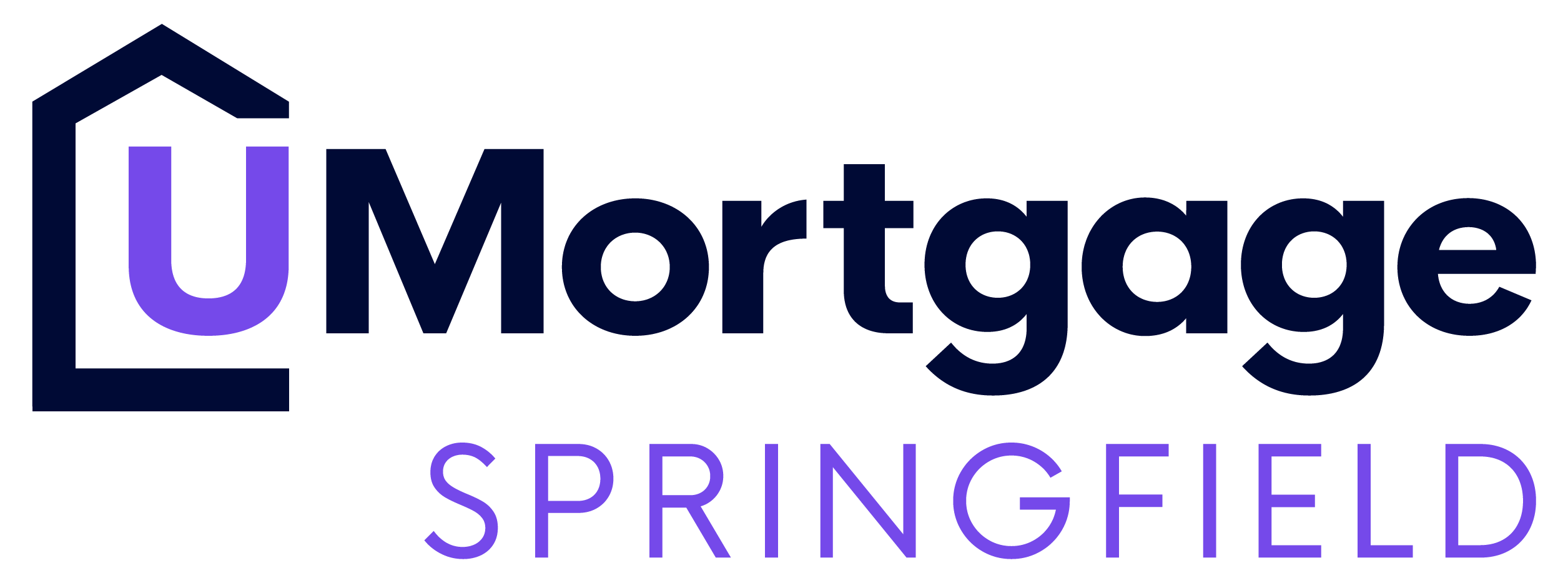Feb. 9
Refinancing Home Loans
Refinancing your mortgage can be a strategic financial move to lower your monthly payments, shorten your loan term, access your home's equity, or achieve other financial goals. However, understanding the basics of the refinancing process is essential for making informed decisions. In this guide, we'll answer some common questions and provide insights into the refinancing journey.
1. Determining Your New Loan Amount: When refinancing, your new loan amount is determined by ordering a final payoff on your existing mortgages. This process involves assessing your current loan balance and any closing costs associated with the refinance. Your lender will then consult with you to set the final loan amount based on your financial situation and goals.
2. Exploring Interest Rates: It's natural to wonder if you're getting the lowest possible interest rate. While lenders strive to offer competitive rates, the rate provided initially is an estimate based on the information you've provided. Your credit score and financial history will be evaluated to provide a more definitive loan estimate.
3. Understanding APR: APR, or Annual Percentage Rate, represents the annual cost of borrowing and includes interest, fees, and other charges. It's essential to consider APR when comparing loan offers, as it provides a comprehensive view of the loan's true cost over time.
4. Handling Escrow Accounts: Refinancing may involve changes to your escrow accounts for property taxes and insurance. Funds collected as "prepaids" at settlement ensure timely payment of these expenses, while monies collected for your new escrow account cover future property tax and insurance payments.
5. Managing Closing Costs: Closing costs and fees encompass various expenses associated with the mortgage process, including insurance, appraisal fees, and taxes. Typically, these costs range from 2% to 5% of the total home cost.
6. The Importance of Continuing Mortgage Payments: Until the refinancing process is complete and your new loan is funded, it's crucial to continue making monthly mortgage payments on your existing loan to avoid any penalties or complications.
7. Providing Personal Information: Lenders may request personal information, such as your social security number, to assess your financial situation accurately. Rest assured, stringent security measures are in place to safeguard your data throughout the process.
8. Timeframe and Next Steps: The refinancing process typically aims to be completed within three weeks or less, from application to closing. The next steps involve pulling your credit, confirming details, and locking in your rate to move the process forward efficiently.
By understanding these fundamentals of mortgage refinancing, you can navigate the process confidently and make informed decisions to achieve your financial objectives. Whether you're looking to reduce monthly payments, access equity, or streamline your loan terms, refinancing can be a valuable tool in your financial toolkit. Stay informed, explore your options, and work closely with your lender to ensure a smooth refinancing experience.

©2019 | UMortgage | NMLS#1457759 | Licensed to Do Business in the States of CO, FL, KS, ME, MO, OR
NMLS Consumer Access Portal | Privacy Portal | Site Accessibility


